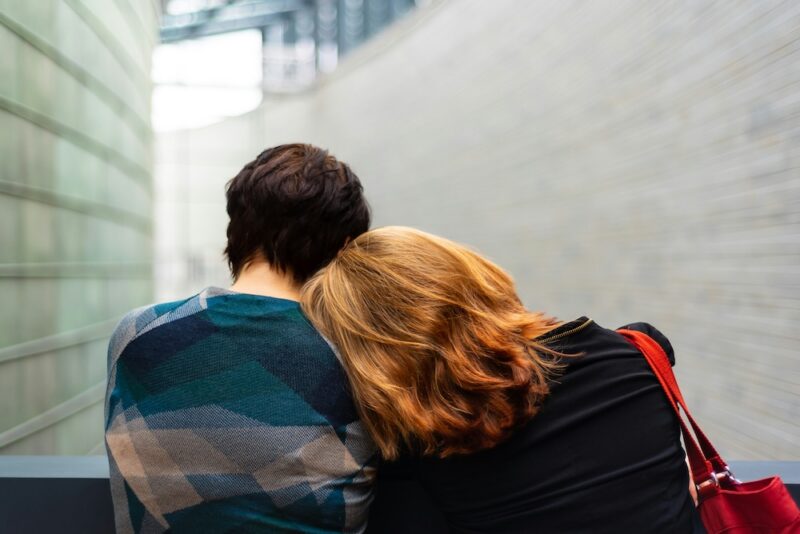International Overdose Awareness Day on August 31st is a day to remember those lost to overdoses and highlight the urgent need for global preventive measures. For anyone whose life has been altered by the loss of a loved one to an overdose, every day is a day of remembrance but also a day to relive an incredible loss. Supporting measures to stop the overdose crisis can help preserve a person’s memory, promote healing, and prevent more deaths.
A Brief Look at the Overdose Crisis
The pervasiveness of opioids has led to severe addiction and life-ending drug overdoses. One of the best resources for information about this epidemic is the CDC. The facts offered by this federal agency make it clear that the overdose problem is growing rather than slowing:
- Opioid-related deaths have been steadily rising since 1999.
- The number of people who died of a drug overdose in 2021 was more than six times higher than the overdose deaths in 1999.
- Over 75% of drug overdose deaths (107,000) in 2022 involved an opioid, but many deaths often involve the combination of an opioid taken with other drugs.
- The COVID-19 pandemic amplified and hid the overdose crisis. The isolation and anxiety of this time is counted as contributing to rising overdose death trends.
The overdose epidemic has been qualified through these stunning statistics, but when this crisis touches a person you love, the numbers become bigger and more concrete.
The opioid crisis and resulting overdose deaths have resulted in a devastating public health catastrophe that began in the mid-1990s with the FDA approval of OxyContin. Deaths were linked to poorly regulated legal prescription drugs first (and pharmaceutical descriptions of the drugs being less addictive than other opioids). A second wave of deaths were linked to a heroin market targeted at already addicted people. Yet a third wave is being attributed to a market of illegal synthetic opioids, like fentanyl.
Practical Advice on Overdose Prevention
Overdose deaths are preventable. Increasing support and education in communities is pivotal. If there is someone in your own life who has a substance use disorder, share your knowledge to help them help themselves. You can’t stop someone from overdosing, but you can take every precaution to help prevent it.
Talk. Talk and talk… and talk to your kids about the dangers of opioids like fentanyl and the side effects of mixing different types of drugs. Ask your doctor about addiction and side effects should they prescribe an opioid for you or a family member.
Empathize. Let your loved one know you recognize their struggle and do not judge them for it. Let them know you want to help in any way.
Act. Carry naloxone. This medication does not require a prescription and can reverse an opioid overdose if it occurs.
Support. Invite your loved one to rehab and the health and freedom it allows, along with the ability to get their life back.
Overdose Awareness: Help for Addiction
The overdose epidemic exists everywhere, among all demographics, but addiction is a medical condition, not a moral failing. When it comes to approaching someone who needs help separating from a substance use disorder, a qualified rehab facility is the place to start.
It’s not just someone who suffers from addiction who benefits from inpatient rehab. The families and friends left behind by those who died of an overdose have suffered too – anxiety, depression, PTSD, grief, and perhaps even their own substance use disorder. Getting consistent support for mental, emotional, spiritual, and physical well-being in one place is an incredible way to restart life with less sadness, guilt, or fear and more hope and peace.
If you’re grappling with survivor’s guilt or feeling like you couldn’t help your loved one enough, consider a mental health retreat. Or, if you know someone who is addicted to opioids or any substance and is endangering their life, seek support. Clinically driven retreats like those offered at Beachside Rehab offers individual care and structured programs for safe detoxification, targeted healing, overall mental wellness, and peace.
Life is a challenge; life accompanied by opioids is even more difficult. Contact us to discuss inpatient and outpatient rehab, mental health treatment, and holistic recovery in a luxury retreat setting for yourself or someone you love. Call today at 866-349-1770 to speak with a trained admissions counselor.

